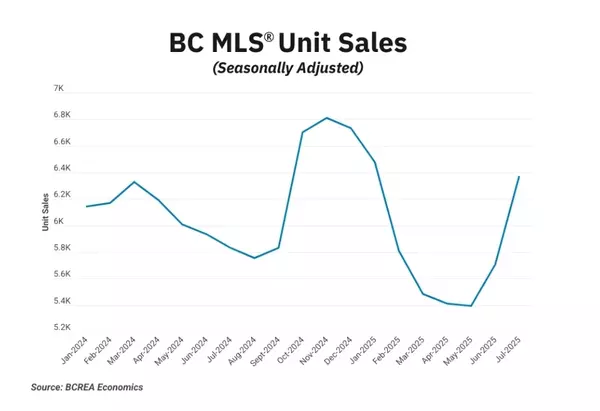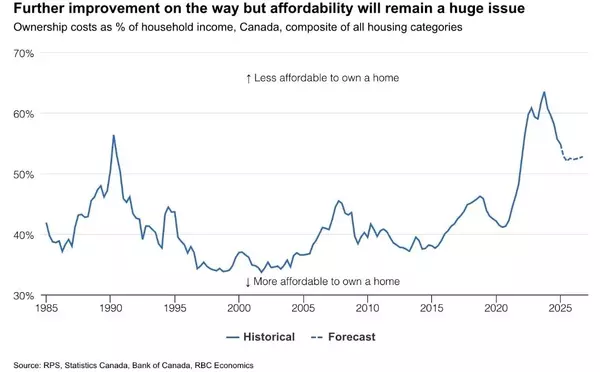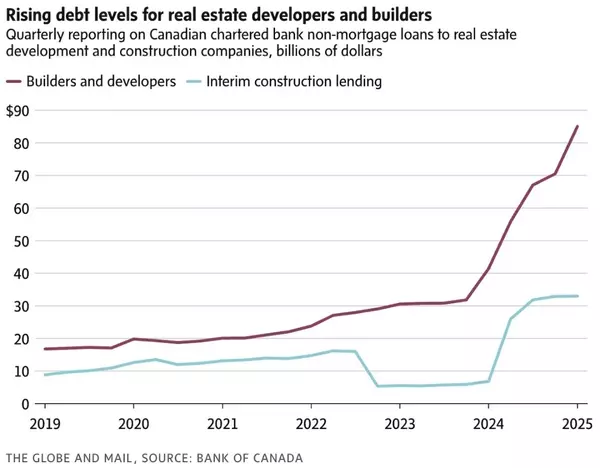- 1/21 21Open Sat 1PM-4PM
$1,149,900
1 Bed1 Bath697 SqFt2096 W 47th AVE #404, Vancouver, BC V6M 0E5
Condo
Listed by Oakwyn Realty Ltd.

- 1/32 32Open Sat 2PM-4PM
$499,999
1 Bed1 Bath524 SqFt318 Alderson AVE #1005, Coquitlam, BC V3K 0J1
Condo
Listed by RE/MAX Crest Realty

- 1/30 30Open Sat 1PM-4PM
$749,900
1 Bed1 Bath522 SqFt2096 W 47th AVE #303, Vancouver, BC V6M 0E5
Condo
Listed by Oakwyn Realty Ltd.

What Our Past Clients Have To Say
- Knows when to be aggressive for his clients and knows when to be cautious. It has been a pleasure to work with Patrick.Colin Haddock
- Patrick was incredibly knowledgeable and attentive; I felt completely confident in his advice during all of our negotiations. He worked tirelessly to get us a great sale price for our home while seamlessly managing the purchase of our dream home. Highly recommend! Thank you so much, Patrick.A-M. Finn Pohorecky
- Patrick was wonderful to work with. His professionalism and his solid understanding of the Richmond and Ladner markets helped us quickly get a good selling price for our house, and helped to negotiate a somewhat challenging buy side deal. Patrick works very hard for his clients. I strongly recommend him as your realtor. You will not be disappointed.Yvonne deBoer
- We decided to work with Patrick because of how organized, knowledgeable and data oriented he is. He explained us each step of the process and shared his valuable opinion. I would advice anyone interested in becoming a home owner to subscribe to Patrick newsletter to keep an eye on the market.Ricardo Pardey Cifuentes
- When our family started our journey towards selling our townhouse, the BEST decision we made was choosing Patrick to be our realtor. We had met Patrick a few years ago at an open house, and he came across as the kind of person whose work ethic was guided strongly by his values - authenticity, integrity, and kindness. His professionalism and trustworthiness also clearly shone through when we had first interacted with him. This left a lasting impression on us, so fast-forward a few years to when we decided to sell our property, we knew without a doubt that we’d be calling up Patrick. Our experience working with Patrick has been absolutely phenomenal. From his data-backed market insights and attention to detail, to his unwavering patience, kindness, and dedication to always going the extra mile, he guided our family through periods of stress and confusion, always keeping our family’s best interests as his top priority, and ultimately yielded exceptional results for the sale of our townhouse. Our family is beyond grateful for Patrick’s guidance along our journey, and we HIGHLY recommend him to anyone who is looking for a realtor - he is truly the best of the best in the real estate industry!Larrie Elle
- My experience with Patrick as my realtor was beyond my expectations. He is a very understanding, honest and patient realtor as we have had many hiccups throughout the process of selling our house, however, he has always been there to give us advice and aid even if it means working longer hours. I definitely recommend Patrick Hung Real Estate if you are ever planning on selling your home!Nathaniel Franco
Meet Our Team
Personal Real Estate Corp.
With over a decade of experience in real estate, Patrick provides an elite level of personalized service that his clients expect. Being a resident in the Greater Vancouver area for over 35 years, he has a full understanding of the community, what the Buyers & Sellers expect in the marketplace, and is able to bridge the gap and bringing the Canadian & Asian markets together. Patrick is a multiple award-winning Realtor and Medallion Club winner year after year as the top 10% of agents in Greater Vancouver. Patrick is analytical, creative, up-to-date with the current market & trends, and strives to deliver measurable results.
Homes Available in Your Neighborhood
- Vancouver West
- Vancouver East
- Richmond
- Arbutus
- Fraserview
- Brighouse
- Cambie
- Killarney
- Broadmoor
- Dunbar
- Mount Pleasant
- Brighouse South
- Kerrisdale
- Burnaby
- McLennan North
- Marpole
- Brentwood
- Riverdale
- Oakridge
- Metrotown
- Steveston
- Point Grey
- Highgate
- New Wesminster
- South Granville
- Surrey
- Delta
- Downtown Vancouver
- Langley
- Coquitlam








